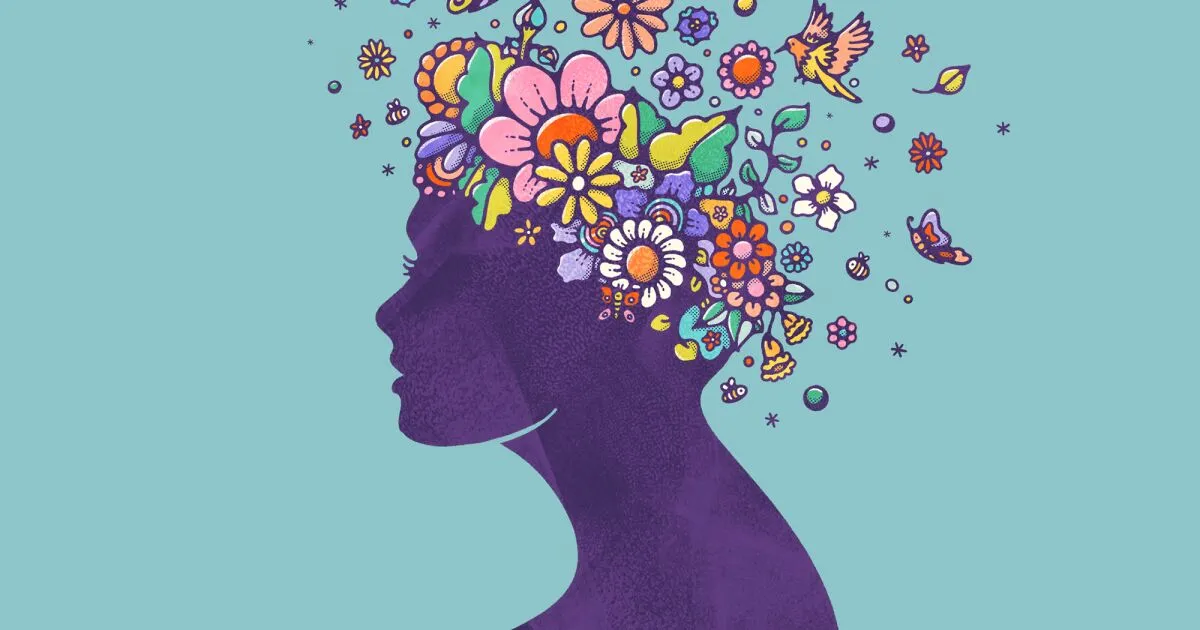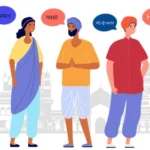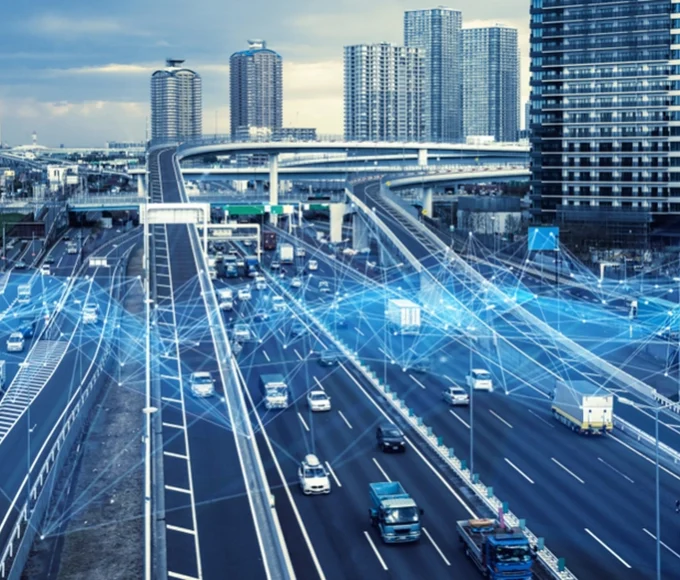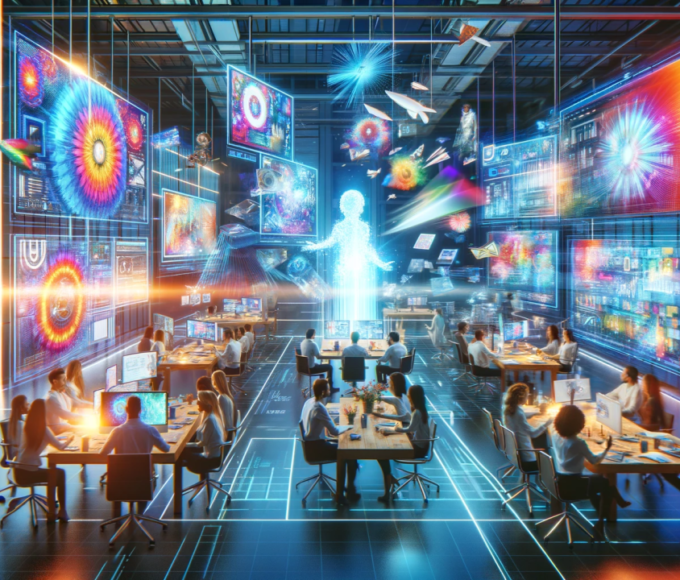Mental health is an essential component of overall well-being, but it has often been neglected in many parts of the world, including India. However, with the rise of artificial intelligence (AI) and technological advancements, India is experiencing a significant shift in the way mental health support is provided. AI-driven innovations are revolutionizing the field of mental health, making psychological support more accessible and effective.
The Mental Health Landscape in India
India, with its vast and diverse population, faces unique challenges in providing mental health care. Stigma, lack of awareness, limited resources, and a shortage of mental health professionals are just a few of the barriers that have historically hindered access to psychological support for those in need. According to the World Health Organization (WHO), India has one of the highest suicide rates in the world. This emphasizes the urgent need for innovative approaches to mental health care.
AI-Powered Innovations
Chatbots and Virtual Assistants
AI-powered chatbots and virtual assistants have emerged as a popular and accessible tool for providing immediate psychological support. These AI-driven applications can engage in text or voice conversations with users, offering a non-judgmental space to discuss their concerns and emotions. Apps like “Wysa” and “Youper” have gained popularity in India by offering emotional support and self-help tools, guiding users through anxiety, depression, and stress.
Early Detection and Intervention
AI algorithms are being used to identify early signs of mental health conditions. By analyzing social media posts, text messages, and other digital content, AI systems can detect changes in language patterns, sentiment, and behavior that may indicate distress. This early detection can help individuals receive support before their mental health deteriorates further.
Telemedicine and Online Counselling
The COVID-19 pandemic accelerated the adoption of telemedicine and online counseling services in India. AI-powered platforms like “TALKTOANGEL” and “iCall” connect individuals with licensed mental health professionals through video calls, chat, or phone calls, making therapy more accessible, especially in remote or underserved areas.
Personalized Treatment Plans
AI can analyse vast amounts of data to develop personalized treatment plans for individuals. These plans take into account an individual’s unique characteristics, symptoms, and treatment preferences. This personalization can lead to more effective treatment and improved outcomes.
Mental Health Assessment Tools
Several AI-driven mental health assessment tools are available, allowing individuals to self-assess their mental health and receive guidance on the appropriate course of action. These tools use evidence-based questionnaires and AI analysis to provide a preliminary understanding of one’s mental well-being.
Challenges and Ethical Considerations
While AI holds great promise in the field of mental health, there are challenges and ethical considerations that need to be addressed:
Data Privacy: AI systems require access to personal data to provide personalized support. Safeguarding user data and ensuring privacy is a critical concern.
Accuracy and Bias: The algorithms used in AI systems must be continuously refined to improve accuracy and minimize biases in diagnosis and treatment recommendations.
Human-AI Balance: AI should complement, not replace, human mental health professionals. Maintaining the right balance between human and AI involvement is essential.
Digital Divide: Not everyone in India has access to the internet and digital devices. This limits the reach of AI-powered mental health solutions.
AI has the potential to be a game-changer in the provision of mental health support in India. By addressing some of the longstanding barriers, such as stigma, lack of resources, and a shortage of mental health professionals, AI-driven innovations are helping bridge the gap and provide accessible, effective, and personalized psychological support. However, it is essential to approach these innovations with caution, addressing privacy and ethical concerns while striving for a harmonious integration of AI and human intervention.
As India continues to embrace AI in the mental health sector, we can hope for a future where every individual has the opportunity to receive the support they need to lead a mentally healthy life.
















Leave a comment